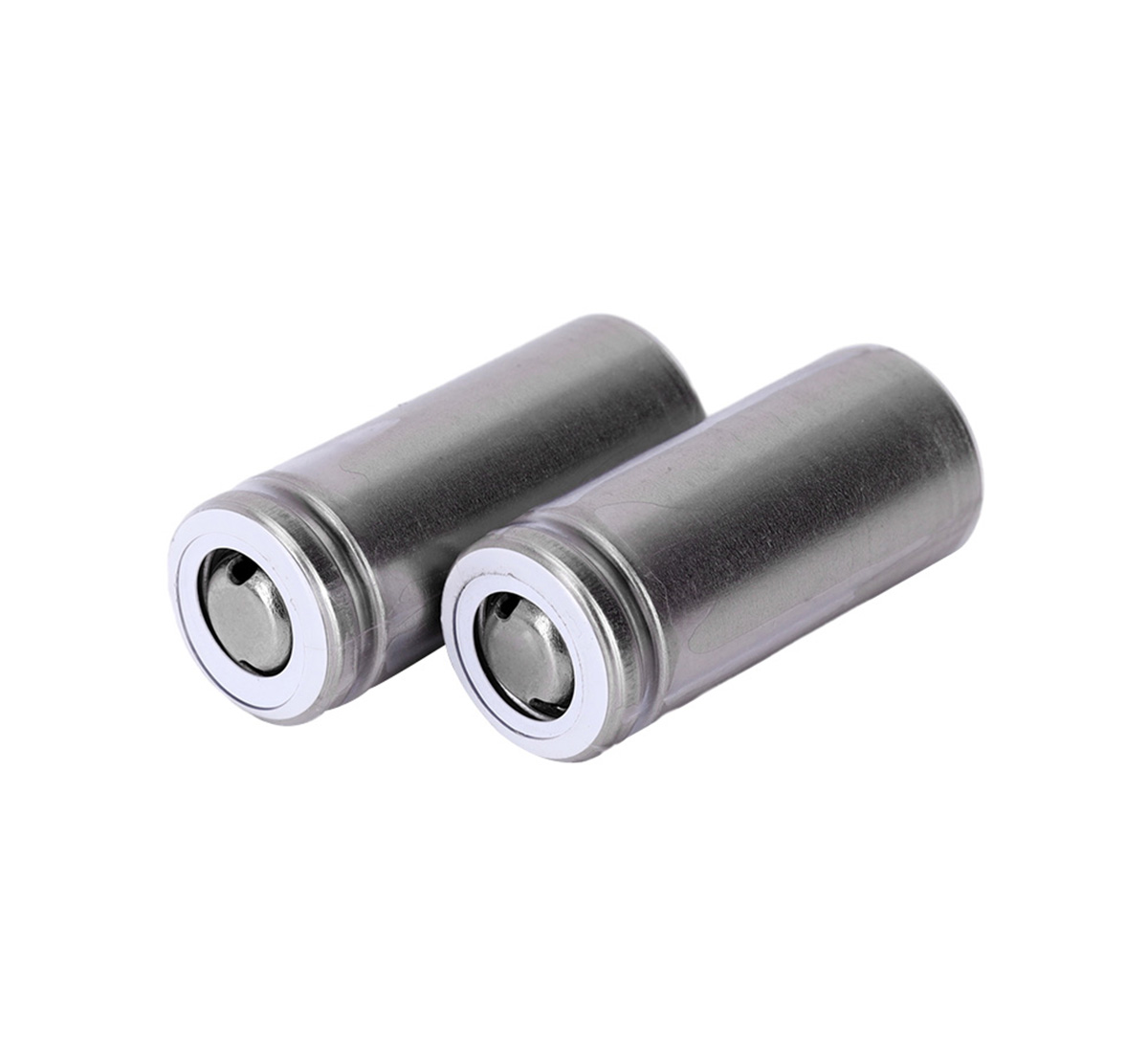Time:2024-04-17 Preview:1 source:News

The core technology of hydrogen fuel cells mainly includes the "three major materials" such as catalysts, proton exchange membranes and carbon paper, and the "two major components" such as bipolar plates and membrane electrodes. Among them, the membrane electrode is called the "chip" of the hydrogen fuel cell, which determines the performance, life and cost of the hydrogen fuel cell. However, the biggest problem currently hindering the popularization and commercialization of hydrogen fuel cells is cost.
The basic principle of a hydrogen fuel cell is the reverse reaction of electrolysis of water. Hydrogen and oxygen are supplied through the anode and cathode respectively. After hydrogen diffuses outward through the anode and reacts with the electrolyte, electrons are released and reach the cathode through an external load. This electrochemical reaction process is not only efficient, but also environmentally friendly, because its main products are only water and heat. If hydrogen is generated through renewable energy, the entire cycle is a complete process that does not produce harmful emissions.
Although hydrogen fuel cell technology has many advantages, its commercialization process still faces challenges due to high material costs and technical difficulties. However, with the continuous advancement of technology and the gradual reduction of costs, hydrogen fuel cells are expected to be more widely used in transportation, power generation, building combined heat and power generation and other fields. Especially in the field of transportation, hydrogen fuel cell vehicles, with their lightweight portability and high-density fast charging, are expected to effectively alleviate anxiety about intelligent power consumption of vehicles and promote the electrification process of vehicles.
Therefore, although the core technology of hydrogen fuel cells still has certain challenges and limitations at this stage, with the increase in scientific research investment and continuous technological innovation, it is believed that these problems will be gradually solved, and the future of hydrogen fuel cell technology remains Full of hope.
Related suggestion:
Lithium iron phosphate relies on fast charging to defend its position?